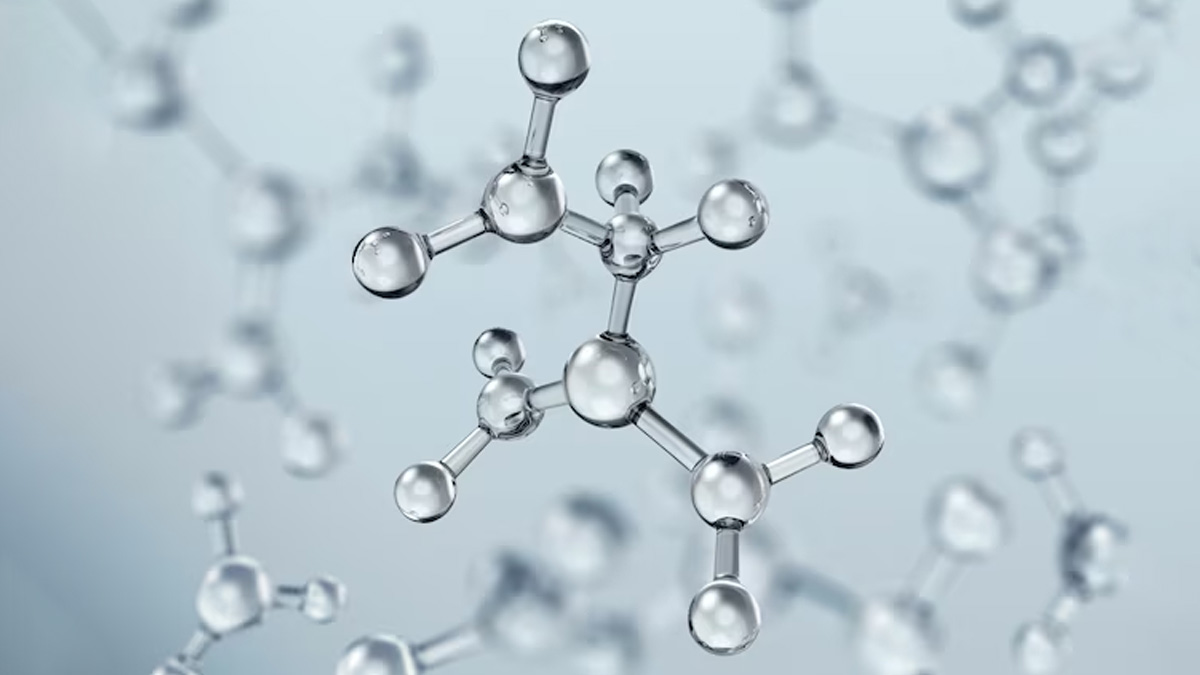
Phytic acid is an organic compound that can be found in a variety of plant-based foods, particularly grains, legumes, nuts, and seeds. It is commonly characterised as a "anti-nutrient" since it can reduce the absorption of certain minerals in the human body, such as iron, zinc, calcium, and magnesium. Here's how phytic acid can interfere with nutritional absorption:
Table of Content:-
Phytic Acid Can Reduce Mineral Absorption
As per research, phytic acid has a strong affinity for minerals, particularly the positively charged ones like iron, calcium, and zinc. When you consume foods high in phytic acid, it binds to these minerals, forming phytate complexes.
Reduced Bioavailability
Intestinal absorption of these phytate complexes is poor. They move through the digestive tract mostly intact, lowering mineral bioavailability. This implies that even if a food has considerable amounts of these minerals, your body may be unable to adequately utilise them.
Impact on Iron
One of the most well-known effects of phytic acid is on iron absorption. As per WebMd, where diets are predominantly plant-based and high in phytic acid, such as some vegetarian or vegan diets, there may be a higher risk of iron deficiency. This is especially concerning for individuals with increased iron needs, like pregnant women and growing children.
Also read: Expert Explains The Role Of Nutrients In Preventing Chronic Disease
Phytic Acid Reduction
According to research, to reduce the inhibitory effects of phytic acid, various food processing techniques can be used, such as soaking, fermenting, or sprouting grains, nuts, and seeds. These methods can break down phytic acid and make minerals more available for absorption.
Health Benefits Of Phytic Acids
It's important to emphasise that, while phytic acid might inhibit mineral absorption, it's not always a bad thing. In reality, it may have certain health benefits, such as antioxidant qualities and anti-cancer characteristics. Also, many phytic acid-containing plant-based foods include vital nutrients and dietary fibre, making them valuable components of a well-balanced diet.

Alternatives to Phytic Acid
Many processes aid in the destruction of phytates before they are consumed. This includes the following:
- Sprouting Recipes
- Baking Preparation
- Fermentation by Soaking
- Leavening with yeast
Web Md demonstrates that people who eat a lot of phytic acid, including vegetarians and vegans, can benefit from mineral-absorbing boosters like garlic and onions. These meals improve mineral absorption, particularly iron and zinc.
Also read: 7 Common Signs That Indicate You Lack Vital Nutrients
Balancing your diet and incorporating a variety of foods can help mitigate the impact of phytic acid on nutrient absorption. Additionally, individuals with specific dietary concerns or nutrient deficiencies may consult with a healthcare provider or nutritionist for personalised guidance.
Also watch this video
How we keep this article up to date:
We work with experts and keep a close eye on the latest in health and wellness. Whenever there is a new research or helpful information, we update our articles with accurate and useful advice.
Current Version